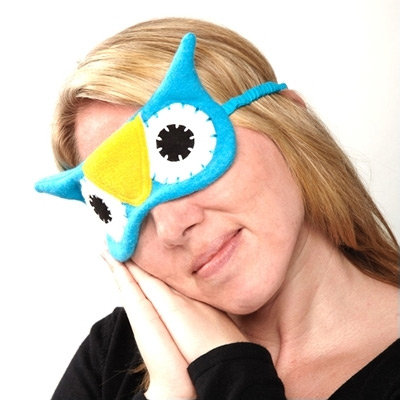
Sleep experts evaluate and counsel people about their sleep habits based on natural circadian rhythms and chronotypes. Most people can very easily identify whether they are a night owl or a morning lark from a young age. Scientists who study sleep behaviors believe that the human waking and sleeping pattern is influenced by genetics, biology, lifestyle, and even personality. In general, morning larks tend to naturally wake up before 6am and want to go to bed by 9pm. They consider themselves a morning person because they do their best thinking and working in the morning hours from dawn until noon. They are ready to sieze each day soon after waking up. Human larks get up and feel most energetic very early in the morning.

Larks are small energetic birds that wake up early and are naturally happy - singing as they fly off for their day. People who prefer to rise early with the sun and go to bed when the sun goes down may be called morning larks. In general, night owls tend to wake up naturally closer to 10am and don’t want to go to bed before 3am. Some night owls even prefer to work through the night. Ideally, some would be allowed to be an evening person on the job whereas they may do their best work in the evenings. Night owls would much prefer that work hours be later so they can wake up later and do their work into the evening. But it can be challenging to be completely nocturnal in a world that operates mostly with work hours from 9am-5pm (or during daytime hours.)

Most night owls tend to believe they are almost nocturnal - like an owl. Many night owls report that they do their best thinking and working late at night. A night owl personality tends to have creative bursts and extra energy late at night. A night owl is someone who prefers to stay up later than most people at night and sleep later in the morning.


 0 kommentar(er)
0 kommentar(er)
